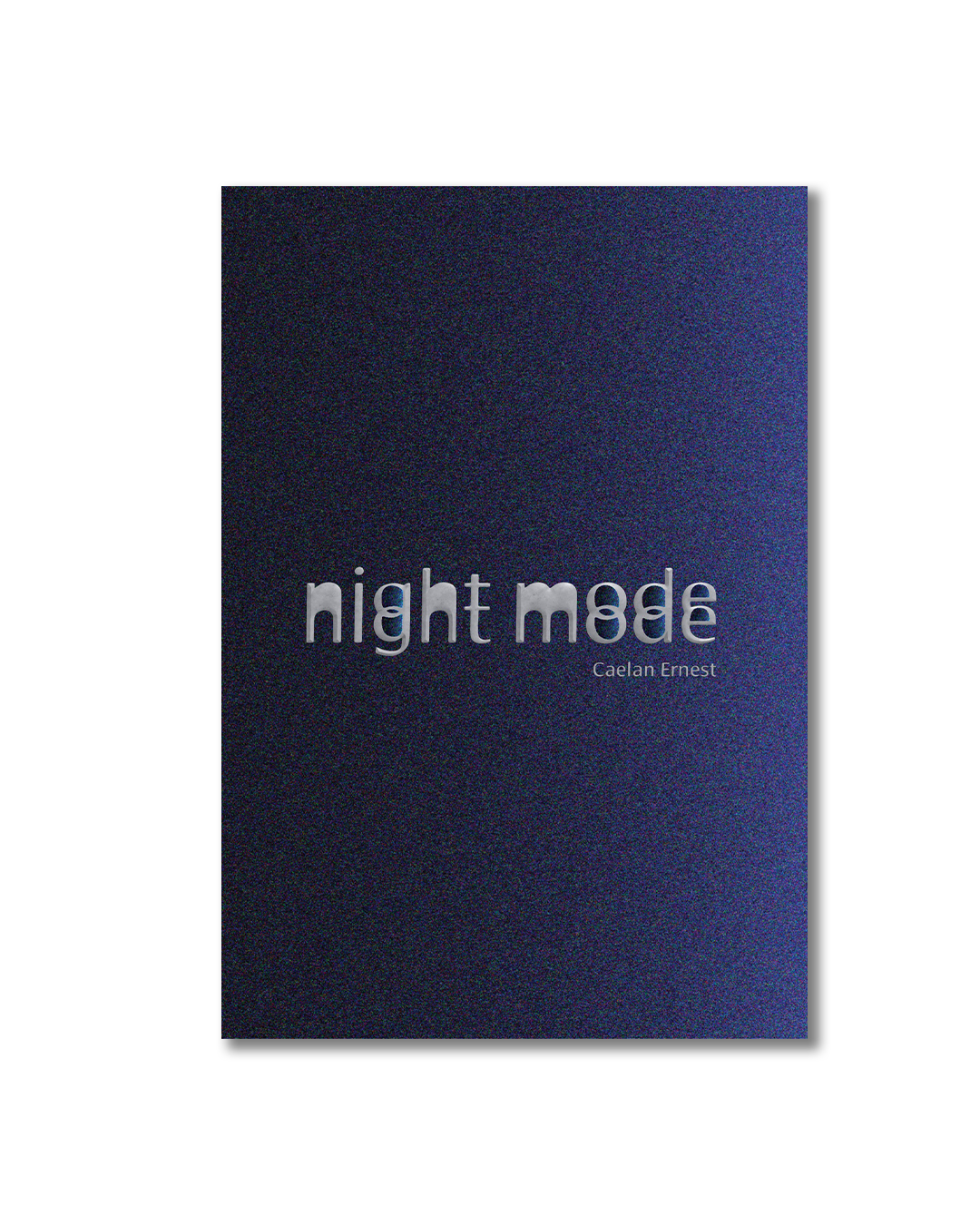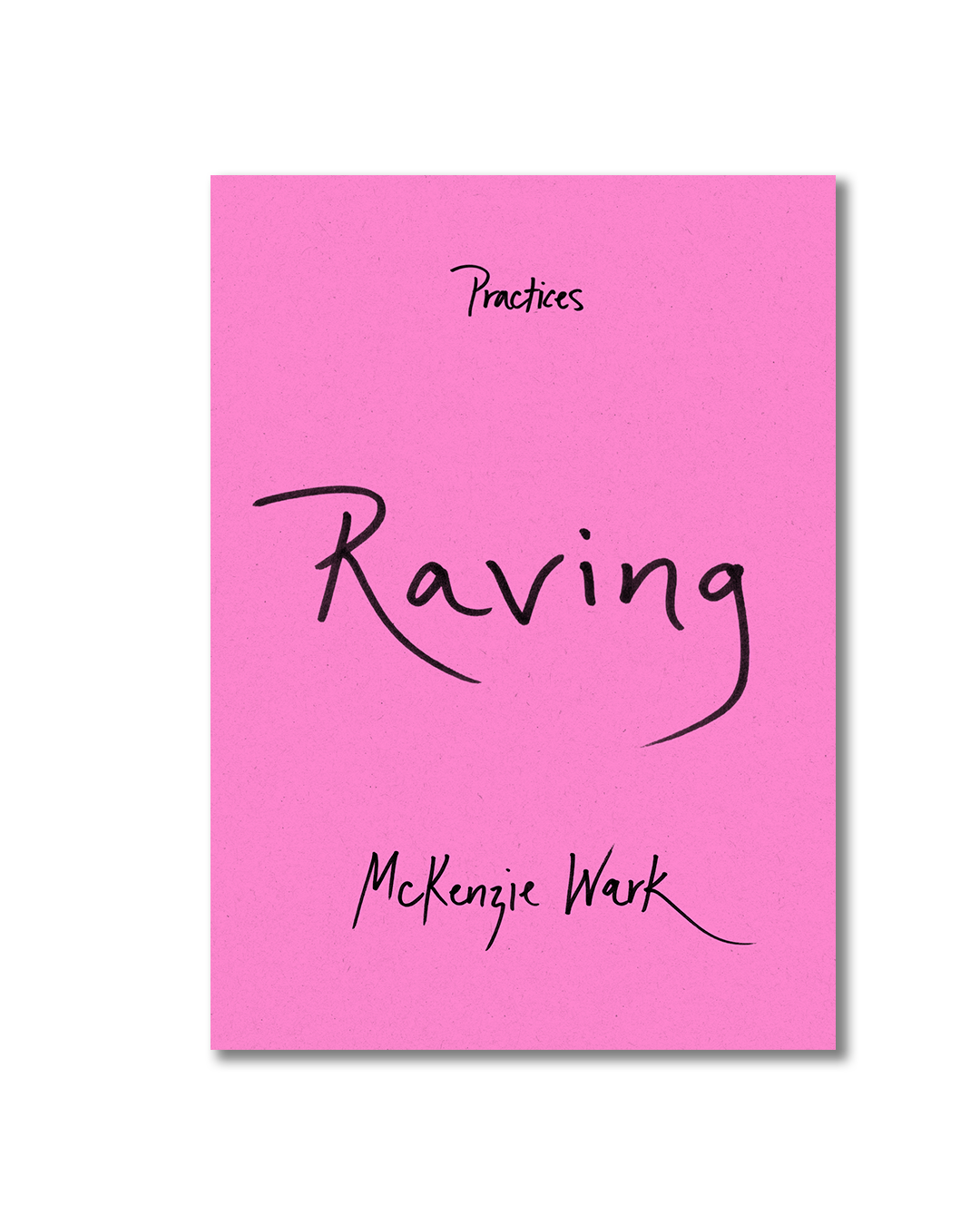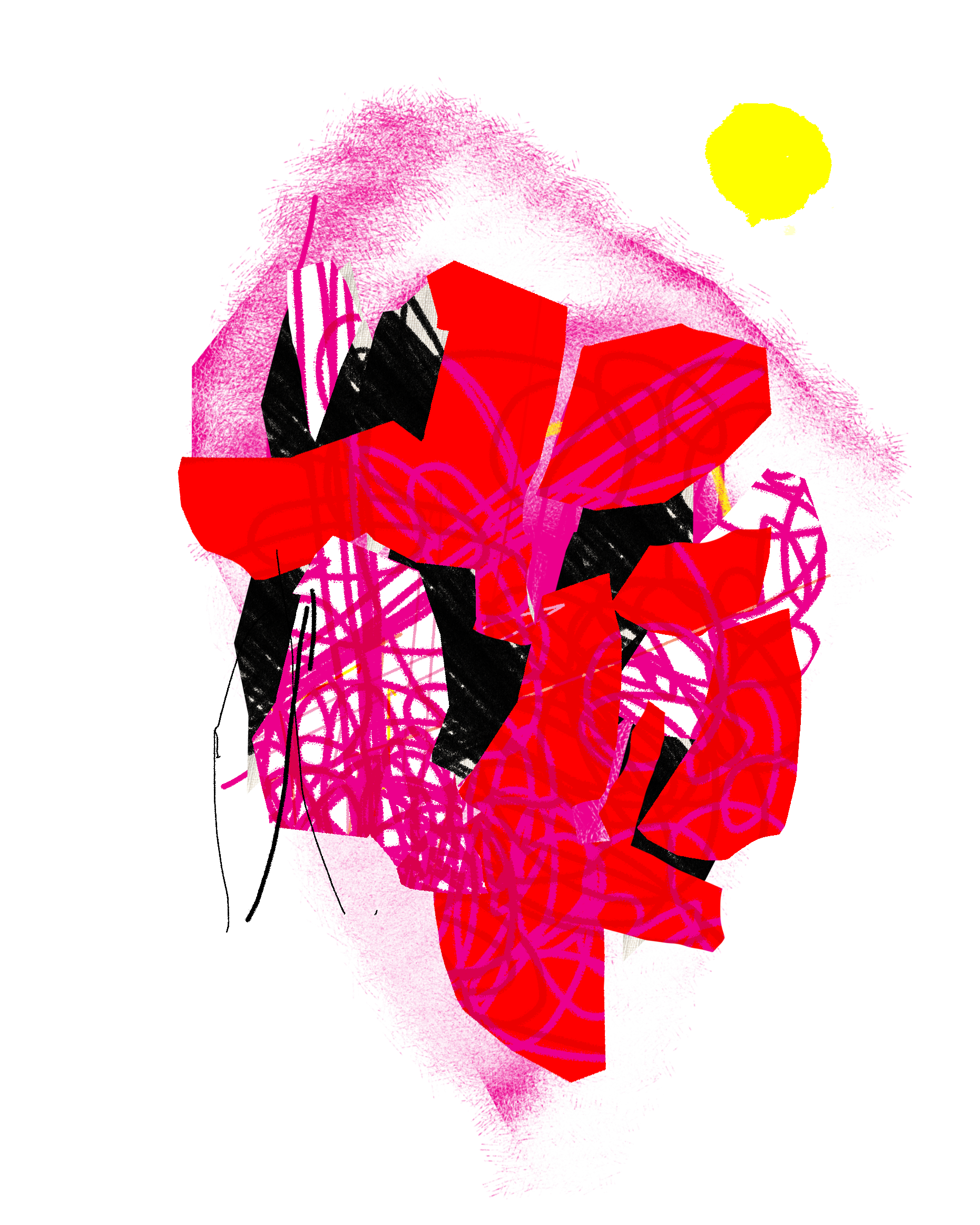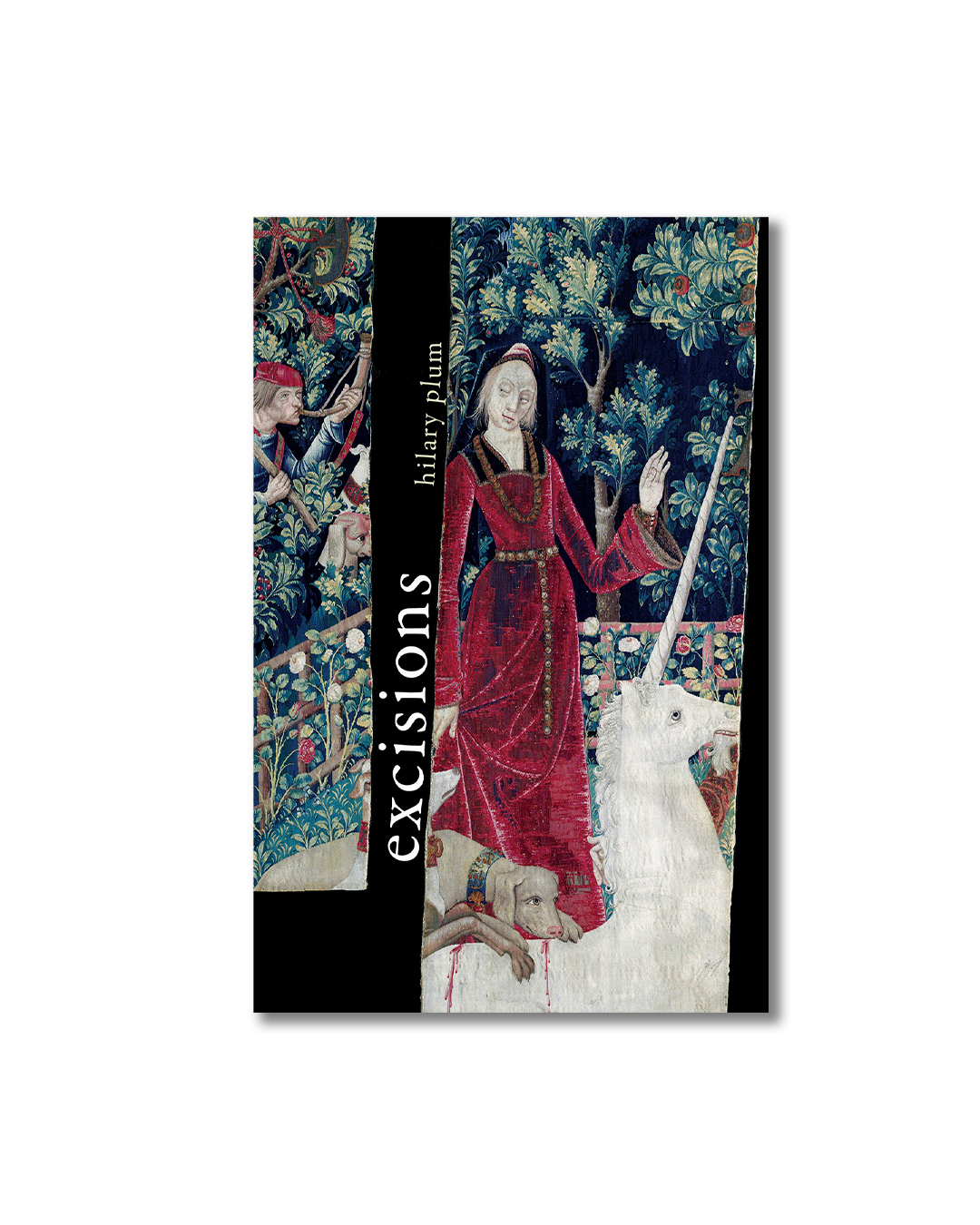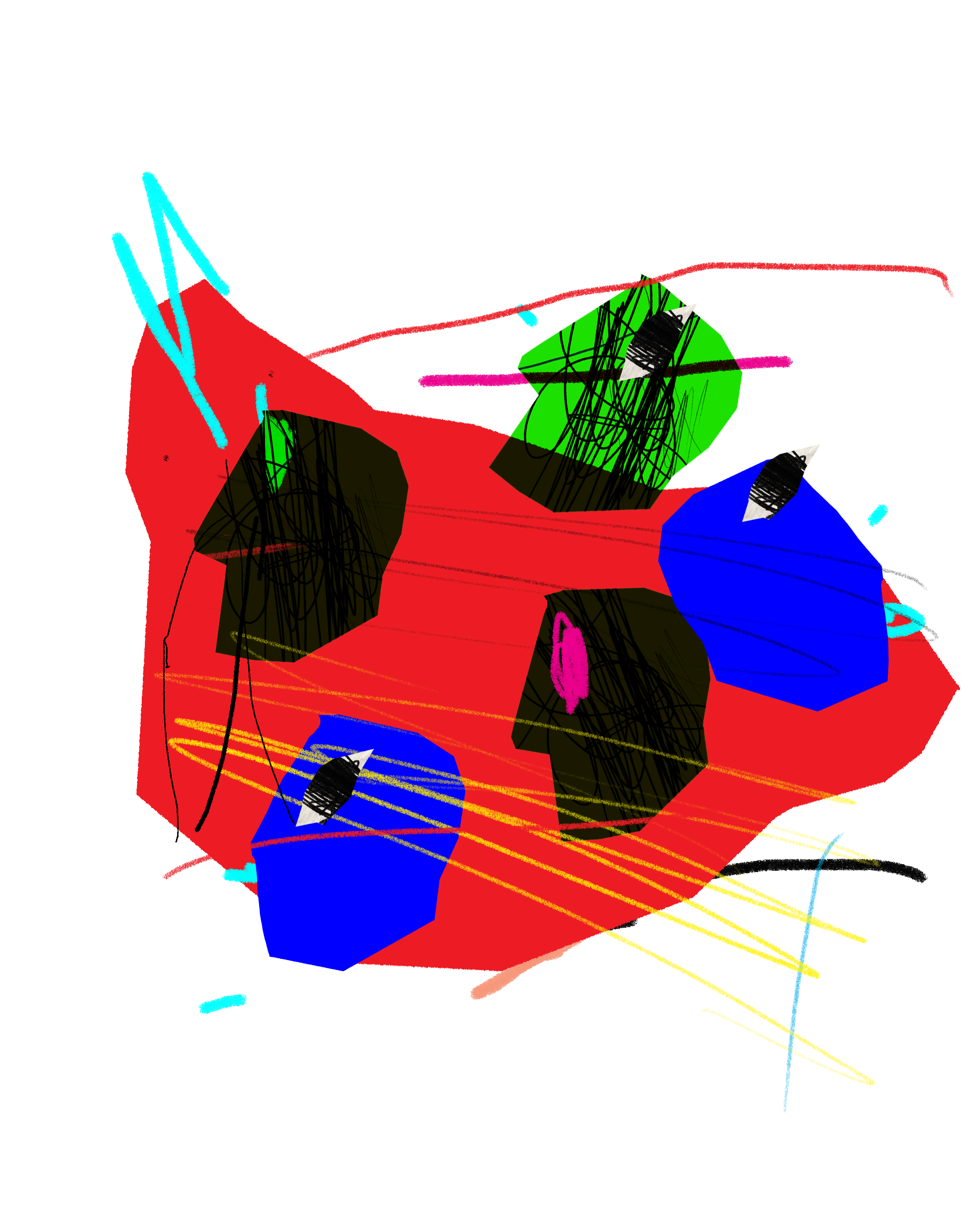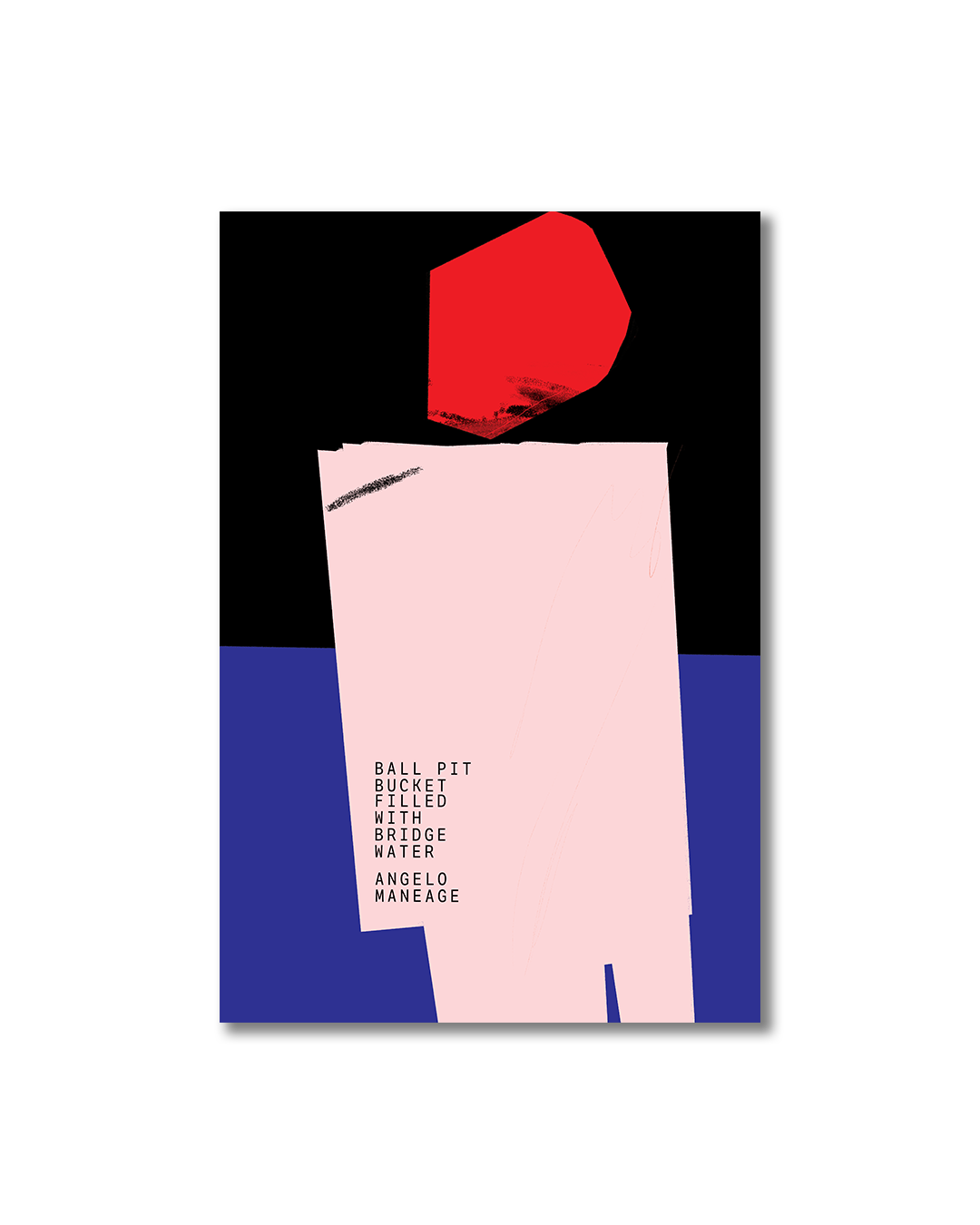From Firefly to Bee Hive: An Interview with Grant Faulkner
The wonderful thing about writing about writing is how you peel off layer after layer to better understand not only your own aesthetic, but how that aesthetic is part of your soul, part of the way you approach life. An aesthetic is a type of lens you see the world through.
In Search of the Late-Capitalist Heartland: On Danny Caine’s “Flavortown”
Within this framework, the city of Flavortown becomes a kind of fraught retreat into global branding through which regional identity can be defended and maintained.
“somewhere a cyborg is taking note of the event that will transform it”
xx
:: what’s visible
is not always made so
by light
Living in Ruins: On Jake Bittle’s “The Great Displacement”
The moment of prognostication has long since passed, and the speculative remaking of American geography by a changing climate is no longer so speculative.
A Servant to Sound: On McKenzie Wark’s “Raving”
These states cluster around the paradox of dance floor dissociation: that feeling of being vacant and yet amenable to epiphanic thought.
YOU GOTTA WOO
The evening you refused to sleep, we were over a hundred miles away from our home in Cleveland. A Rust Belt city to which—because of you—your mother and I will forever be tethered.
Two Poems from “Undershore”
delight, delicate to consider
eggs in the tongueleaf
fair-haired nettles
gowned in such
hot hot cloud, hunger.
The Critic-Comptroller: On Renee Gladman’s Solo Show at Artists Space
For the critic-comptroller—the spectator hoping to take absolute measurements and gain new and unambiguous knowledge from the show—the works on view inspired both hyper-focused reading and diverted desire.
Fidelity to Refusal: On Michael Palmer’s “The Danish Notebook”
It’s with some irony and agony that in 1994 Palmer was asked to contribute to Danish publisher Iselin C. Hermann’s series of autobiographical “notebooks” from innovative American poets.
Healing Stories: Wellness and Narrative Medicine
Close listening, much like close reading, requires focused, sustained attention to how a story is told, not merely its plot. The work of healing, if not the biophysiological process of cure, is fundamentally narrative in practice.
Paranoid Reading: Steamshovel Press and the American Conspiracy Canon
For Kenn Thomas, the Midwest periphery was a perfect vantage point for keeping track of D.C., Roswell, Langley, and the rest.
That Which We Call Ecstasy: On Gentileschi’s Mary Magdalenes
It’s fitting that ecstasy’s Greek root means to literally “be beside oneself,” as in the soul exiting the body. Rubens wasn’t wrong: death, near-death is a preemptive condition of the ecstatic.
“THE START”
There was one literary magazine that made you write “THE END” at the end of your story, to signify that when the writing was done, when there were no more pages or writing, it had ended to these idiots or robots.
Two Poems from “Excisions”
Choose your threshold. Decision is
not a point but a line, a figuring
that incorporates you, enduring
there while dying here, on the stoop
immured, distinct as a book.
South to the Midwest: Race, Region, and the National Imaginary
I say “region” and not “the South” because the regional borders are porous, not just in those liminal zones that separate the South from Appalachia and Appalachia from the Midwest, but in our national self-conception as well.
The Adolescent Gaze: On Dizz Tate’s “Brutes”
Being the object of another’s gaze means ceding control over how you are perceived, but to be watched is also to be worthy of someone else’s voyeurism.
Health Is Other People (and Some Books): On Wellness and Book Clubs
What I needed was to connect the best way I really knew how: by talking about books, sharing feelings about a story with someone, and through those discussions learning how their mind works and in turn my own.
“Bridge was broke”
Unfortunately silly snakes float through the car in the water as it pours in like it is
Yellow the car water like the gut keys for pianos compartmentalize in ball red blue and yellow
Maximally Likable: The Stay-at-Home Girlfriend and The White-Collar Woman
An undercurrent of low-grade moral panic is at the crux of both the fascination with and knee-jerk disparagement of SAHGFs: in their own words, they have gone soft and vocally do not wish to succeed in any kind of career.
The Original Entwine: On Edgar Garcia’s “Emergency”
This is where our definition of emergency falls flat. It is not immediate attention which is required, but vigilant heedfulness to the criss-crossing, overlapping, and tenuous events of history, actions of people, and the whims of Gods; “frequencies, mirrors, resurgences.”



